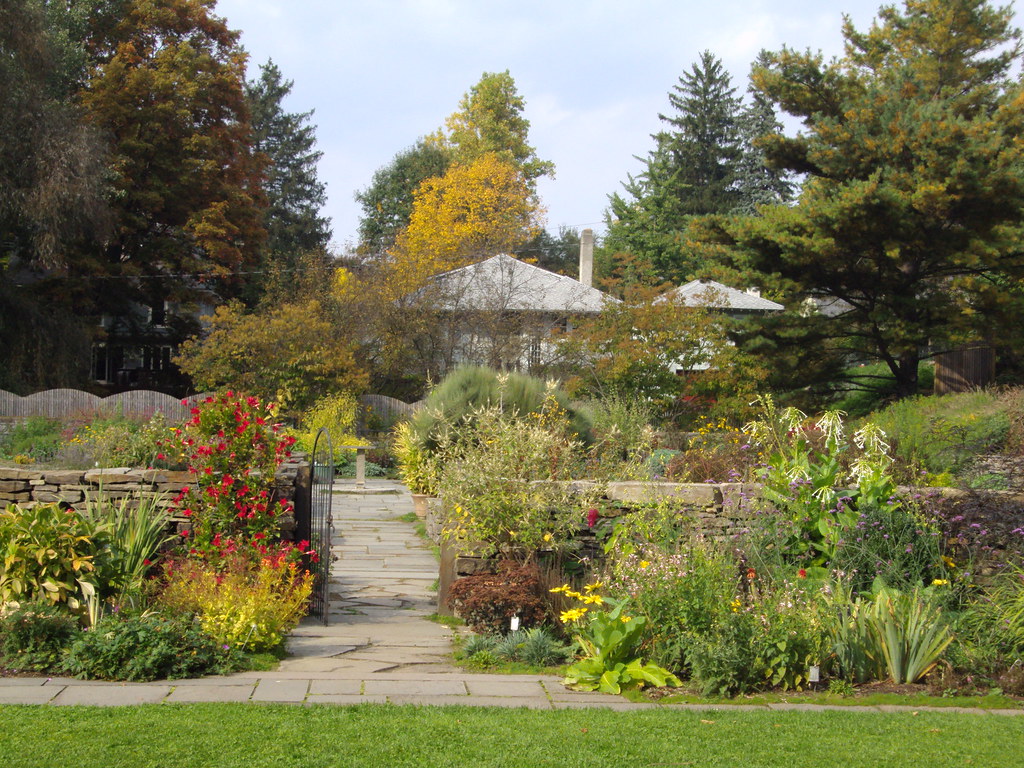5 min read

This is the first in a series of articles by McKenzie Murray detailing her experience of being a Black student at Cornell University. Throughout these articles, McKenzie discusses the complexities she and other Black students face at predominantly white institutions.
CollegeAdvisor.com acknowledges that each individual’s experience is unique and not necessarily representative of the institutions referenced. Accordingly, the views expressed in this piece are those of an individual rather than those of CollegeAdvisor.com. We share this perspective in order to uplift the experiences of historically underrepresented groups and broaden our community’s understanding of the complexities facing marginalized populations in higher education.
For more guidance on the college application process, sign up for a monthly plan to work with an admissions coach 1-on-1.
“I love America more than any other country in the world and, exactly for this reason, I insist on the right to criticize her perpetually.” – James Baldwin, Notes of a Native Son.
The Application Process for Black Students
The College Search
When choosing a college, many BIPOC students want a school that provides them with the best education and a sense of belonging and safety. This is especially true considering the hostile sociopolitical climate of many institutions. Accordingly, Black students may look to HBCUs (Historically Black Colleges or Universities) or schools with large BIPOC communities. These schools can offer a sense of community and support with little fear of exclusion and discrimination.
Personally, I chose to focus on HBCUs in my college search for these reasons. My top choice was Howard University. Howard has one of the top public health programs and medical schools in the country. During my visit, I fell in love with the campus atmosphere and the message of the school. The people of the Bison community and the greater D.C. area were inviting. I truly felt at home.
Weighing the Options
Despite my initial love for Howard University, I instead chose to apply Early Decision to Cornell University. Just as I did for Howard, I fell in love with the campus and the people at Cornell. I was torn.
The College of Human Ecology and its mission ultimately led me to choose Cornell over Howard. Both schools offered great public health and premed programs. However, Cornell’s College of Human Ecology also had programs in policy, design, fashion, and development. It also offered more courses in the humanities, which attracted me as a prospective student.
Black students choosing Cornell
Although Cornell does not offer the HBCU experience I was looking for, I did feel a sense of community in speaking with the faculty and students around campus. I still do. Above all, this community led me to my final decision.
You should choose a school that will provide you with the academic opportunities you desire and give you the support and resources you need to succeed.
To help students in their college search, I’d like to provide a look into my experience as a Black student at Cornell. I will also discuss what I have seen, heard, and read about the experiences of other Black students on campus. Of course, everyone has different experiences and perspectives. However, in order for students to make informed decisions in their college search, they should know what it is like to be a student (especially of color) beyond the brochure and campus visit.
This series will cover discrimination and disparities faced by Black students at Cornell. I will also discuss the successes, opportunities, support systems, and current initiatives to improve the experience of Black students at Cornell.

About Cornell
Before discussing my experience at Cornell as a Black student, it’s important to talk about Cornell’s history, demographics, and culture. These factors vary between schools, and Cornell is only one of many predominantly white institutions (PWI). However, this background may be useful as you compare Cornell to other PWIs.
History
Cornell University is a private institution in Ithaca, New York. It is a member of the Ivy League and is one of the top schools in the country. Professors and alumni alike are leaders in their respective fields.
Cornell was founded in 1865 by Ezra Cornell and Andrew Dickson White. The school operates on the principle that any person regardless of their racial or gender identity can receive an education in a diverse field of studies. True to this motto, Cornell was one of the earliest schools to allow Black people to enroll, following the end of the Civil War and before the Civil Rights Act of 1964.
Demographics of Cornell
Cornell has a large student population (over 23,000), with over half being undergraduates. While Cornell is a historically white institution, the demographic of the school has become more diverse. Today, almost half of Cornell’s student body identifies as BIPOC.
However, for Black or African American students, this diversity may not provide a sense of community. Only about 5 percent of students (both undergrad and graduate) identify as Black, which is just over 1,000 students. Though low, this percentage is higher than many other PWIs. Still, many Black students can attest to being the only Black student in a number of courses, clubs, and programs, especially in more niche or competitive areas of study.
General Consensus about Cornell among Black students
This sense of isolation that many Black students feel is backed by research. According to a 2019 survey done by Cornell’s Institutional Research and Planning (IRP) committee, Black students report the lowest satisfaction in terms of belonging and support from faculty, staff, and other students.
When asked whether they relate to the phrase “I have to work harder than other students to be perceived as a good student,” 46% of Black students said they strongly agreed with this sentiment as opposed to the campus average of 26%. You can find more information about students’ and faculties’ assessments of Cornell on the IRP website.
Conclusion
While at Cornell, I’ve learned firsthand how my university both succeeds in some aspects of campus culture and fails in others. Next, I’ll describe my experience with Cornell’s programs, campus culture, and more. Hopefully, this will paint an accurate picture of how Cornell both serves and neglects its BIPOC students.

This article is one in a series written by McKenzie Murray about her experience as a Black student at Cornell University. To learn more about Cornell and how BIPOC students feel about its campus culture, stay tuned for the installment in this series. Meanwhile, if you want to get help with your college applications from McKenzie or other CollegeAdvisor.com Admissions Experts, register with CollegeAdvisor.com today.
